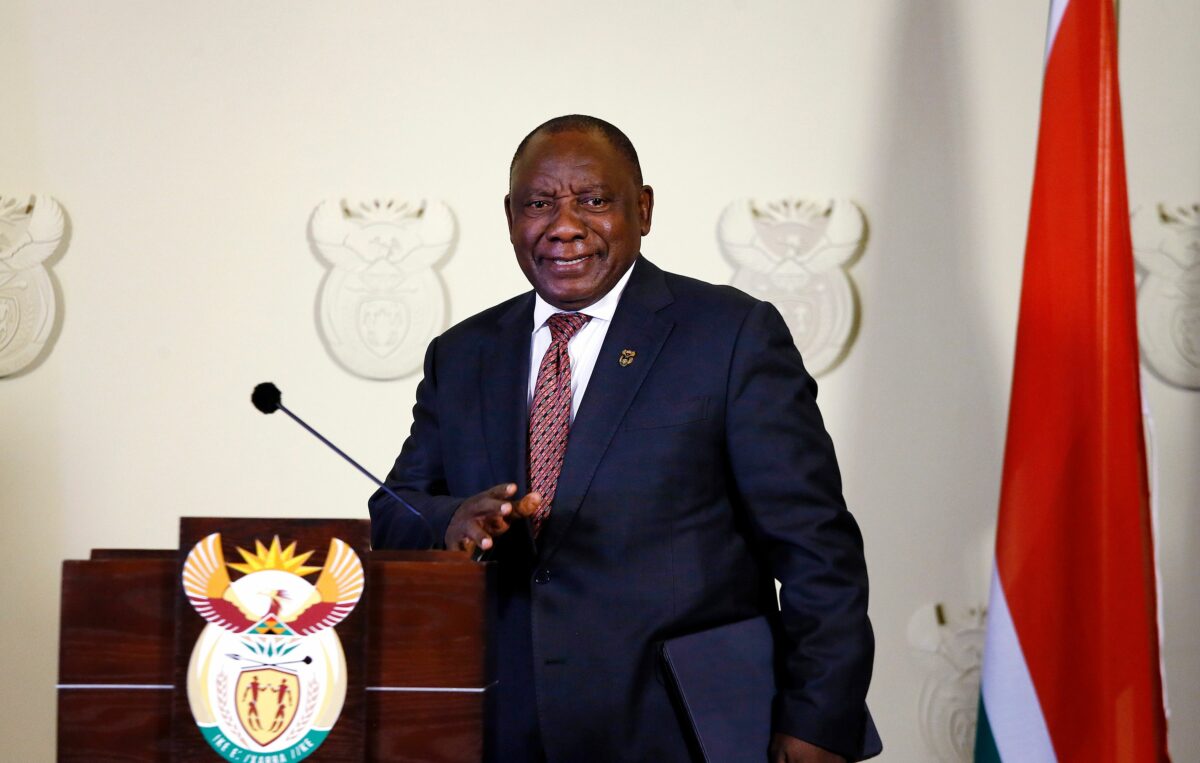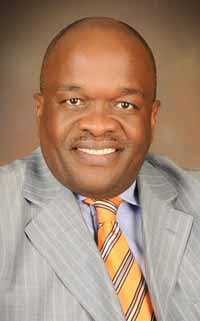Social scientists James Q Wilson and George Kelling proposed a seminal academic theory in 1982 that a broken window left unattended in a community signals that no one cares if the windows are broken there. It is therefore an invitation to throw more stones and break more windows.
The message is: “Do whatever you want here, because others have done it and got away with it.”
The broken window theory has led to petty and arbitrary law enforcement in vulnerable areas after the recent skirmishes that followed the incarceration of former president Jacob Zuma, but South Africa’s most privileged and powerful continue to break big windows with impunity.
This awakened the thought in me that legacies are not only confined to presidents; they are vile collective legacies bequeathed by preceding generations to those that follow whenever ethical leadership is abandoned in favour of political and social expediency.
President Cyril Ramaphosa’s latest appearance at the Zondo commission into state capture differed markedly from his previous one, and one wondered if in his responses he ever considered practical action.
The questioning addressed a lot of the fundamental issues in state capture without the lame approach of his previous appearance, which made the high standard dictated by ethical consideration seem fluid and totally subjective, confirming the legacy of the protection provided by proximity to power.
Part of the questions pertained to the ethical slippages at state-owned enterprises that have been costly to the whole economic system in terms of their overall impact. To this there were answers provided, but they seemed to lack clarity and decisiveness in terms of what can be implemented.
Since 2018 there has been a litany of JSE-listed companies that have destroyed a lot of shareholder value, mostly through unethical practices.
The cumulative effect of all this is the downward reappraisal of our assets and the resultant loss of welfare, which drives authorities to start discussing new ways of taxation to fund the deficit in the fiscus. But the root cause of all of this is a failure in ethical leadership, the unexpected cost of Covid-19 notwithstanding.
Time and again the connected and economically powerful have got away with it. These windows remain broken.
Perhaps the anticipation that Ramaphosa would reverse what seemed to be a culture of impunity in the highest office in the land, and which wrecked the most precious windowpane of all — South Africa’s hard-earned democracy — is facing doubts. In spite of a damning report from the Special Investigating Unit, the president chose to look the other way at the time, praising his then minister of health.
From the days of elevating members of the governing party, who were accused of violating the law, to cabinet ministers asserting in a formal discussion that everybody has some “skeletonyana”, the vile legacy of tacit acceptance of unethical behaviour continues.
President Nelson Mandela had reconciliation as the theme for his presidency, former president Thabo Mbeki had the renaissance as his theme, while Ramaphosa has chosen fighting corruption as his theme.
There was great anticipation that he would clear out the rot and there have been a number of commissions of enquiry that have revealed a myriad of issues that at face value form a basis for prosecutions.
The bulwark provided by political affiliation or economic power has jettisoned the idea of meritocracy, and generations are led to think that there are clever ways of bypassing hard work and skill that yield lucrative returns.
The wheels of justice seem to move so slowly that people are losing their faith. With all these impending potential legal cases, South Africans keep saying to themselves: “We have seen this movie before, but can we change its ending?”
Common parlance among the powerful people is no longer an argument about one’s integrity as an upstanding citizen; rather, it has become a case of, “there is no court of law that has found me guilty of the allegations that are being made against me”.
When the spirit of the law is totally lost and the letter of the law is a basis for every accusation, this is a reversal of values and a signal that something is fundamentally changing in the core ethos of society.
As a nation we stand at the precipice — we might, instead of leaving a legacy of strong ethical leadership, leave a vile legacy of impunity that turns a blind eye to wrongdoing.
It’s not simply the size of the broken window that undermines standards, according to Wilson and Kelling. It’s the willingness of society to look the other way. If no one is held accountable, norms collapse.
In such a situation we will be collectively bequeathing the worst possible legacy to our children and future generations.




